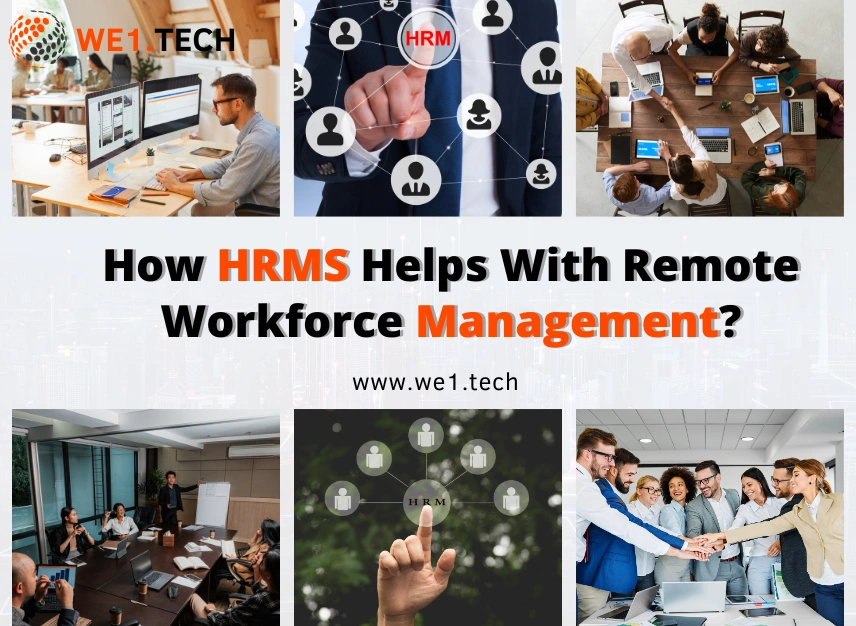
The rise of remote work has certainly transformed how businesses operate. While this shift offers convenience and flexibility, it also comes with new challenges. HR teams face the complexities of managing a distributed workforce, maintaining employee engagement, and tracking performance. Traditional HR methods often fall short in today's digital-first era.
That’s where the role of Human Resource Management System (HRMS) software comes in. It is a revolutionary technology for businesses of all sizes and types. HRMS helps companies manage remote teams and streamline processes. It keeps employees and managers connected, building a more engaged and productive workforce.
In this blog post, we will see how HRMS software can help manage today's modern remote workforce. So, let's get started!